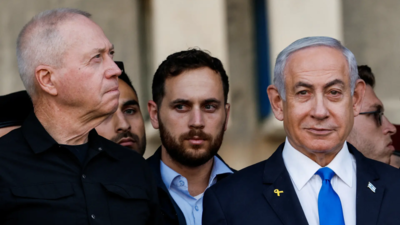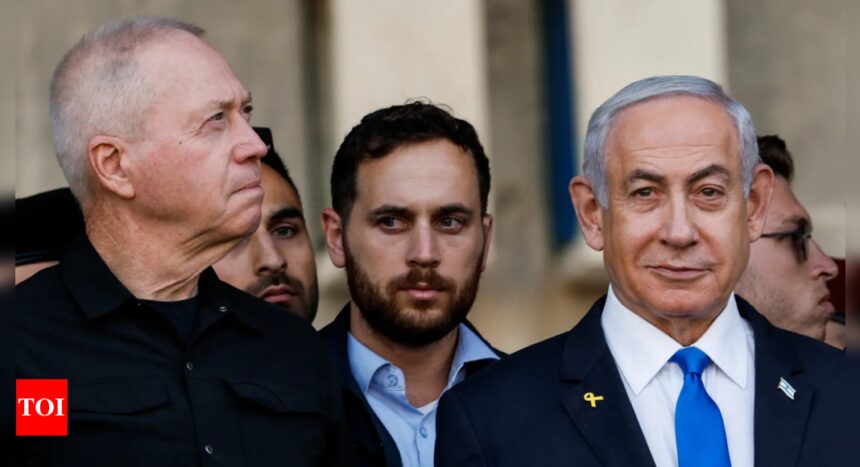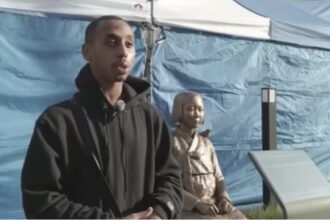
Israeli Prime Minister Benjamin Netanyahu’s shock firing of his defence chief on Tuesday night removed a cabinet critic, but also deepened anger among opponents about his handling of the country’s multi-front conflict. In Yoav Gallant, Netanyahu had a defence minister who challenged many of his plans for the war against Hamas in Gaza and threatened the stability of his fragile coalition. Netanyahu said the trust between him and Gallant had broken down.
Gallant, who spoke regularly with Pentagon chief Lloyd Austin and helped Israel and the US weather tensions between Netanyahu and Biden, cited three reasons for being fired. One of them, he said, was to do with the conduct of war in Gaza. Gallant long said the best way to get the hostages released was to accept a phased ceasefire even if it meant withdrawing from parts of Gaza.
Another reason was growing divisions over a recent Supreme Court ruling that overturned Orthodox Jews’ exemption from military conscription. Gallant said the ruling had to be implemented, while Netanyahu and his Orthodox political allies wanted to bypass it.
In recent days, Netanyahu failed to introduce a policy allowing Orthodox men, known as Haredim, to avoid economic sanctions if they refused to serve. Haredi parties, key coalition members, have threatened to topple the government if that doesn’t happen.
The third point of contention between Gallant and Netanyahu was over the former’s call for a commission of inquiry “to uncover the truth and learn lessons” about Oct 7, 2023, when Hamas attacked Israel from Gaza, triggering the war. It was the worst day in Israel’s history in terms of the number of Israelis killed. Netanyahu says a state inquiry would be a distraction while the conflict continues.
For all that Gallant’s departure may stabilise Netanyahu’s coalition, it weakens him in other ways. Opponents – including a business forum containing CEOs of some of Israel’s biggest companies – cried foul and said he was prioritising his political survival over the nation’s security and hostages. Protesters took to the streets in Tel Aviv and Jerusalem, though they couldn’t persuade Netanyahu to change his mind. “Lawlessness,” read a headline in Yediot Aharonot, Israel’s largest newspaper on Wednesday. “This is how democracy dies,” wrote the paper’s main columnist, Nahum Barnea.
On Wednesday, Israeli strikes on Lebanon killed at least 38 people around the eastern city of Baalbek in the Bekaa Valley, according to the regional governor, and at dusk more strikes hit Beirut’s southern suburbs. The attack happened shortly after Hezbollah secretary general Naim Qassem said he did not believe “political action” would bring about an end to hostilities.
Lebanon renewed its call for a ceasefire and submitted a new complaint to the UN Security Council regarding Israel’s attacks on the country. The escalating Israeli attacks against Lebanon have turned into “crimes” against humanity, Lebanese PM Najib Mikati said.








